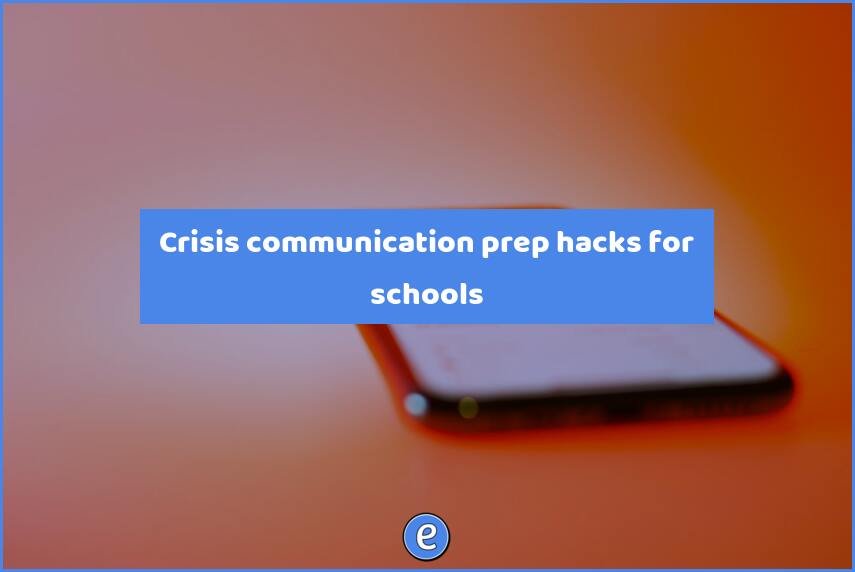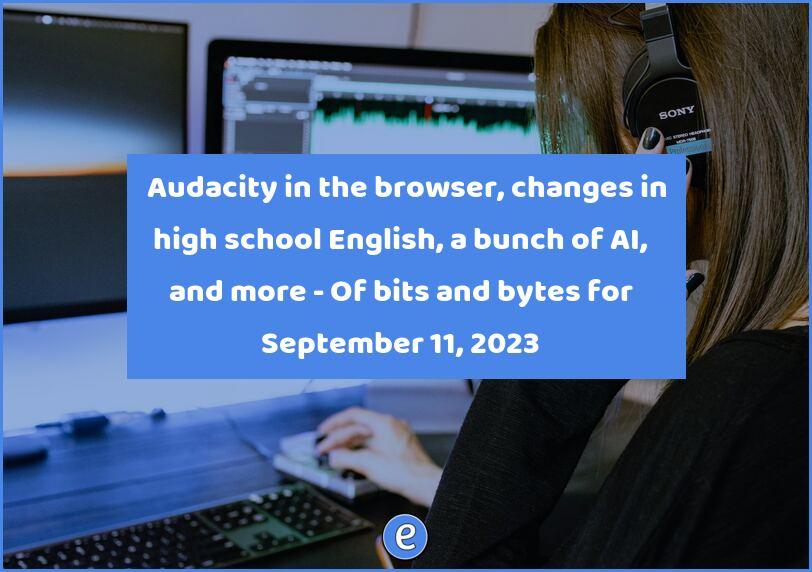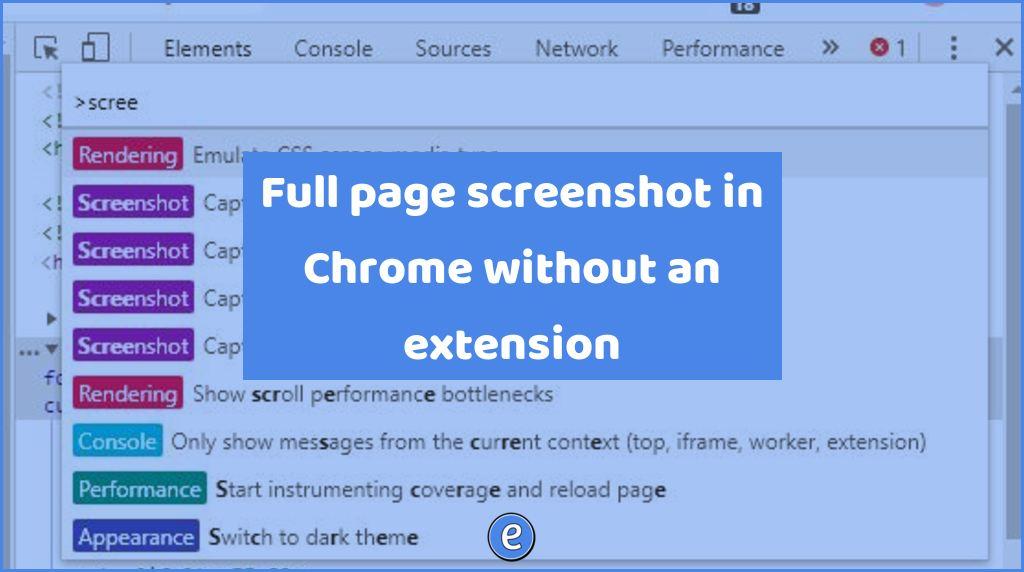Crisis communication prep hacks for schools
I would like to thank our special guest author Kolt Buchenroth for his contribution today to Eduk8.me! He is currently the public relations manager for Kenton City Schools.
No one likes preparing for the worst. But, you either do it or get left in the dust. I prefer to take advantage of the calm and do what I can to ensure we’re prepared.
Ready your Family Engagement Platform
If I say it once, I’ll say it 100 times. You need a way to communicate with each family, in every language, at once. Load all of your messaging into the platform so when seconds count, administration can hit a single button and communicate effectively.
Test it
Every year, perform a test of our safety messages on our Family Engagement Platform. Warn parents ahead of the date and time, and perform a test utilizing a test message. This way, parents get the opportunity to get a little familiar with the procedure, but also have the opportunity to verify contact information. If the parent doesn’t get the communication, something needs to change.
Prepare your website
Someone mentioned a dark mode on a website for a crisis one time and it has stuck with me. When nothing else matters, make nothing else matter. If you maintain multiple websites, redirect them all to one single location.
Use an “under construction” plugin to shut down access to the rest of your website. Then, post the information you need the public to know on that under construction page.
Think about your phones
Once there is a crisis, what is every parent, media outlet, and concerned citizen going to do? Call the school! During a crisis, every staff member should be focused on student safety. They should not be tied up with the inevitably and understandably panicked parent. Develop a crisis greeting (an oxymoron if there ever was one.) If tragedy strikes, we have a primary and alternate staff member whose first action item is to enable the crisis call handler. It replaces our normal greeting with a predetermined message of how parents will obtain further information and how the public/media can find information online.
Consider how you will be communicating with the media
Let’s face it: whether you’re in a small town or a big city, someone with a connection to the media will have a student in your district. So, be mindful of timing when you release statements to parents versus the press. If you’re in a small town and your crisis draws national attention, depending on your relationship, consider asking your local media not to release the parent statements until you’re ready.
Consider tactical communication
You may have your media staging point away from the situation (which is a good idea.) But consider that if tragedy strikes, cell phone communication infrastructure may become overwhelmed and be rendered obsolete. This is doubly so when cell phone numbers may already be out in the community. Not only can the cellphone network be overwhelmed, even if it is not your phone may be overwhelmed with texts and calls from the community. You won’t have any necessary information if you’re cut off from the scene and the people making decisions and learning information. Consider utilizing two-way radio communication that cannot be hindered by an overwhelmed cell network.






